What did you use to do during recess?
I have several memories of spending recess, especially indoor recess, with my pencil and notebook. I’d rather write stories than do almost anything else. (And that’s still true today!) I have one distinct memory of sitting directly underneath the row of coats and backpacks, writing away at whatever my latest story was then.
Did you think of yourself as a creative kid? What does creativity look like for you these days?
I was definitely a creative kid. I’ve wanted to write stories ever since I understood there was an author behind the words in all the books I loved so much. I have another vivid childhood memory of exactly the moment I realized it. I was looking at a picture book and thinking about someone writing it, and I just knew: “I’m going to write books. I’m an author.” I think I was maybe somewhere around 5 or 6.
My mom supported my creativity, and when I was in the first grade, she made me a bound “book” by sandwiching lined paper between two cardboard “covers” wrapped in contact paper. She tied it all together with yarn. I wrote my first “novel” in that book, a dystopian fantasy about alien unicorns arriving via meteor to save the world. I wish I still had it, but unfortunately, it was lost to time.
When I was sixteen, I answered a call for pitches from our state newspaper and was selected to write an article that got published. I still remember teachers approaching me with, “Hey, I saw your article in the newspaper!”
Meanwhile, I would race home from school every day to work on my novels in progress, which, back then, were a series of Nancy Drew-like mysteries (also lost to time).
But I didn’t have the coping skills to deal with rejection in my teens and twenties. Nor did I have the growth mindset to appreciate constructive feedback. So, at some point in my early twenties, I stopped trying to publish my work, and, even though I could never stop writing, I wouldn’t let anyone see it, not even friends and family.
But a combination of new motherhood and having what I’m calling my “mid-life crisis” (I’m an “old” mom) brought me back to my art. I realized I didn’t want to leave this earth without achieving what I’ve understood from age 5 was as my life path.
How did motherhood change your creative practice?
Motherhood completely changed my willingness to show up and be seen. While pregnant with my son, I finished a complete draft of a full novel for the first time in my life. Even though I’ve been writing my whole life, I’d often get stuck somewhere in the murky middle of a book, give up, and move on to a “shiny” new project.
It didn’t help that I’d never quite grasped that writing a book can take a village. So, instead of getting help with my writing, I’d try to push through on my own, get stuck, and then move on to the next thing.
So, actually finishing something I’d started was huge for me. And I realized I wanted my then-unborn son to see his mom go after her dreams. Because I wanted him to know that dreams matter and that I would always support his dreams.
So, I started taking my writing much more seriously. I showed up for it. I showed it to others. I worked with developmental editors on my story drafts. I’ve also been freelance writing for five years now, and I’ve generated a considerable body of work, much of it published on major platforms with millions of readers. Out of necessity, that required overcoming the fear of others seeing my work and facing inevitable rejection alongside the successes.
My son is also a constant source of inspiration. For most of his life (he’s 8), and to this day, if you ask him what he wants to be when he grows up, he says “Batman.” My son “knows” he was born to be a superhero the way I knew I was an author. But when he was about 4 to 5, he constantly asked, “Mommy, how can I be a superhero if I don’t have superpowers?” I wrote my first children’s picture book in response to that question.
A year later, when he was 6, he came up with a story idea that I knew needed to be a picture book. So together, we co-wrote my second children’s picture book — his story and ideas with my words and arrangement. I’m still searching for representation, but it’s gotten tons of positive feedback from editors and agents, and it’s all thanks to his ideas.
How does art enrich your life? How does being a mother enrich your art?
Art is the lens through which I see the world and the way I understand everything around me. I often don’t know what I think, or even sometimes what I feel, until I’ve written about it. Also, being a storyteller helps me understand how we, collectively as human beings, make meaning from our experiences.
I have a Ph.D. in mythology with a concentration in depth psychology. So I’ve taken a lot of academic deep dives into looking at how story affects our sense of meaning and identity, both culturally and individually. Humans are wired for stories, and understanding that has helped me better understand the role of art. It’s also helped me understand why I need to make art and how it helps shape me and pushes me to learn and grow.
Motherhood is a part of that. Of course, there’s the obvious — I’ve written a lot about motherhood, including stories and personal essays. So, it directly informs my art. I also love creating with my son. Our first co-written picture book turned into a series. And I’m such a proud mama to see how creative he is. He’s constantly bursting with stories of his own, and he often comes to me with “Mom, I’ve got an idea for our next book!”
Additionally, motherhood inspires me to want to help shape a better world with my art. Through personal experience and academic study, I know art can be a vital culture-maker. All kids (and adults) need to see themselves represented in stories. Plus, stories about different people with different experiences and from different walks of life help build empathy for others, especially those who are marginalized.
That hits home for me on two fronts. My son is bi-racial. (My husband is African American, and I’m white). So, I often write protagonists with a similar mixed racial makeup so that he’ll always be able to see himself represented in stories.
I’m also a larger-bodied woman who’s existed in a larger body from birth. So, I’ve experienced lifelong stereotyping, prejudice, and anti-fat bias. Thus, I sometimes write protagonists who are also larger. (I’m at the point where I proudly call myself fat! But I know that might not land well with all readers, hence my use of “larger-bodied.”)
I write these kinds of characters partly because, again, I think it’s so crucial for everyone to be able to see themselves in our collective stories. As a kid growing up in the ‘80s and early ‘90s, I developed all kinds of harmful beliefs directly stemming from the lack of representation that had substantial negative impacts on my life. One of these was the development of an eating disorder (atypical anorexia) in my teens.
So my hope is that the more kids see themselves represented, the more belief they’ll have in the beauty of their unique selves and in the possibilities for their lives. I also hope that more character diversity in our stories will lead to more empathy in those who haven’t experienced the same kind of prejudice.
All this directly connects to motherhood because my son inspires me to want to be part of creating a better world.
—
As a writer, essayist, and journalist, Sarah E. Graves has reported from the financial trenches to the doctor’s office. Her words have appeared all over the web, including in publications like USA Today, Healthline, Tiny Beans, and YourTango. She also writes Sketch Pad, a Substack newsletter filled with resources to help creatives, especially young creators, navigate college and make a life and a living with their art. Writing fiction is her first love, and sci-fi and fantasy are her jam. She’s currently working on several children’s picture books and a middle-grade fantasy series filled with lots of myth, magic, and adventure. Sarah is also an English instructor and coordinator of the Writing Center at Ohio Wesleyan University. She lives in Columbus, Ohio with her husband and 8-year-old son.
Website // Substack // Instagram
—
Hi! I’m Heidi. Writer. Editor. Mother. I’m interviewing 100 creative mothers, because I believe the more we see other mothers making beauty and meaning in small moments, the more we will be inspired to make our own kind of art, whatever that may look like during this intense season of life. Support the project by sharing with a friend.


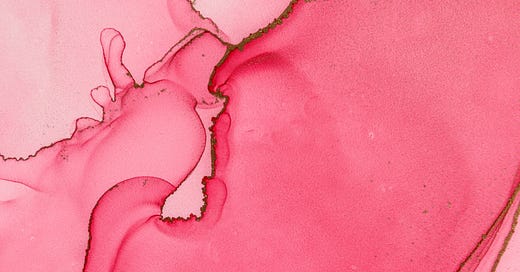


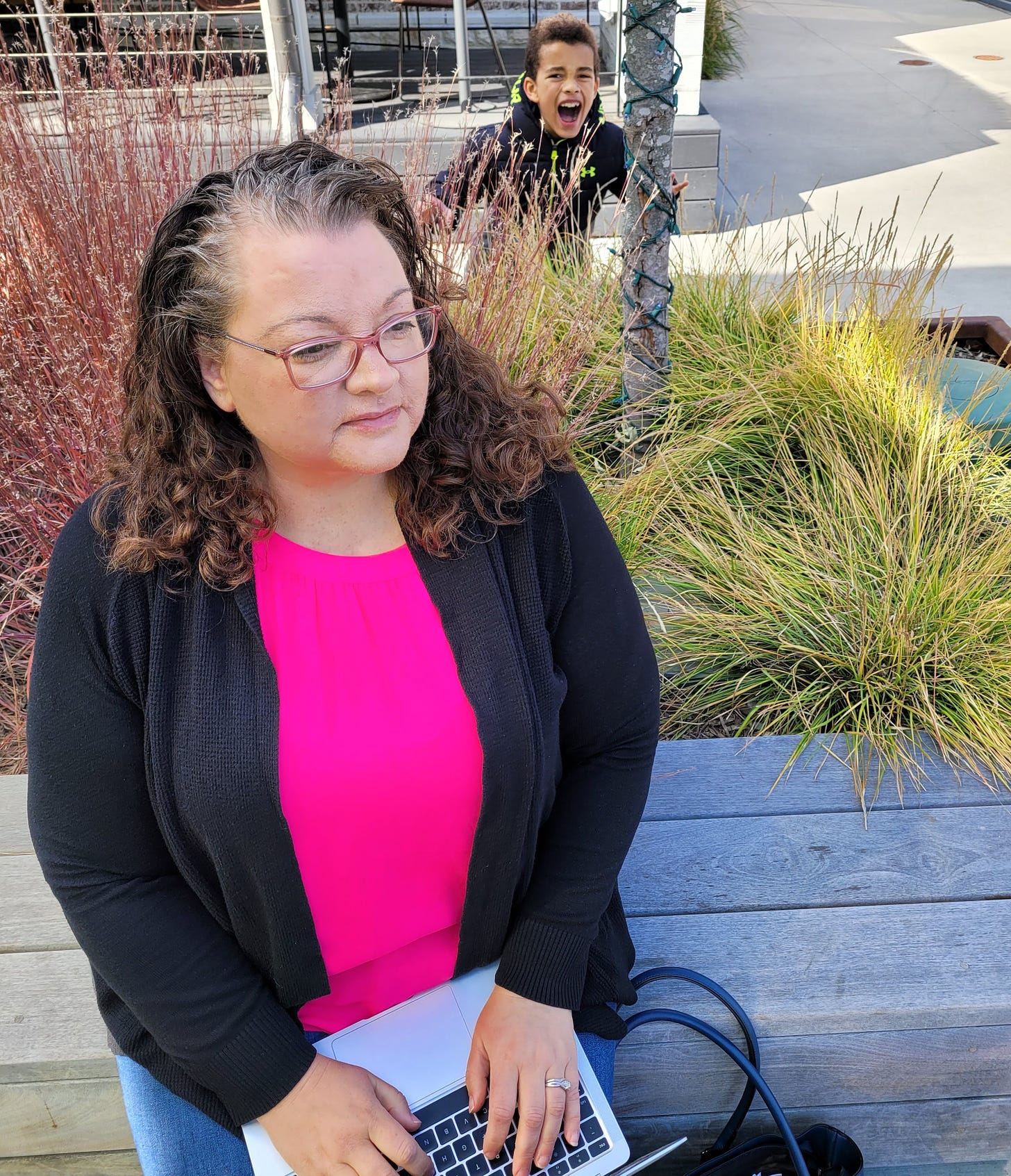
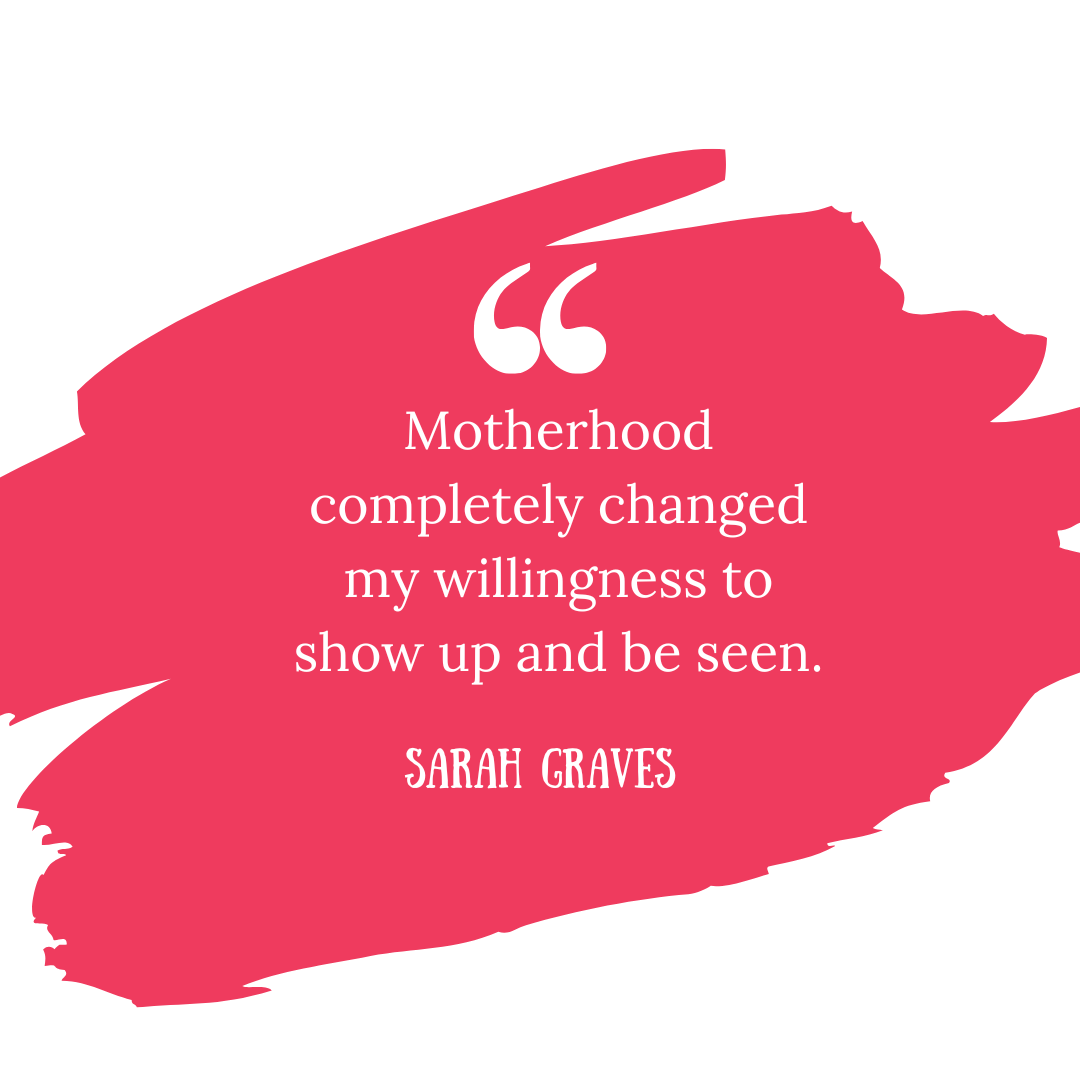
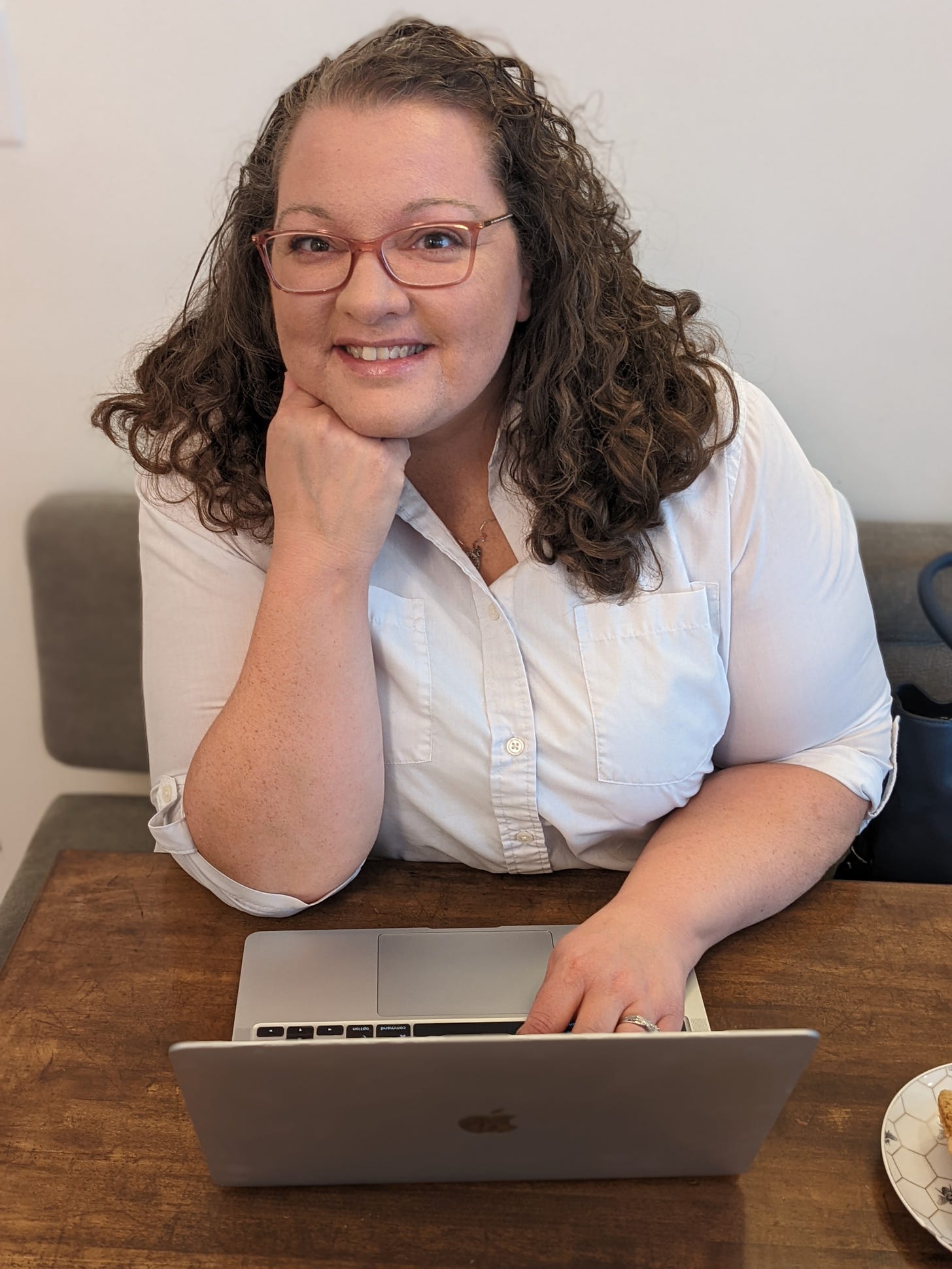
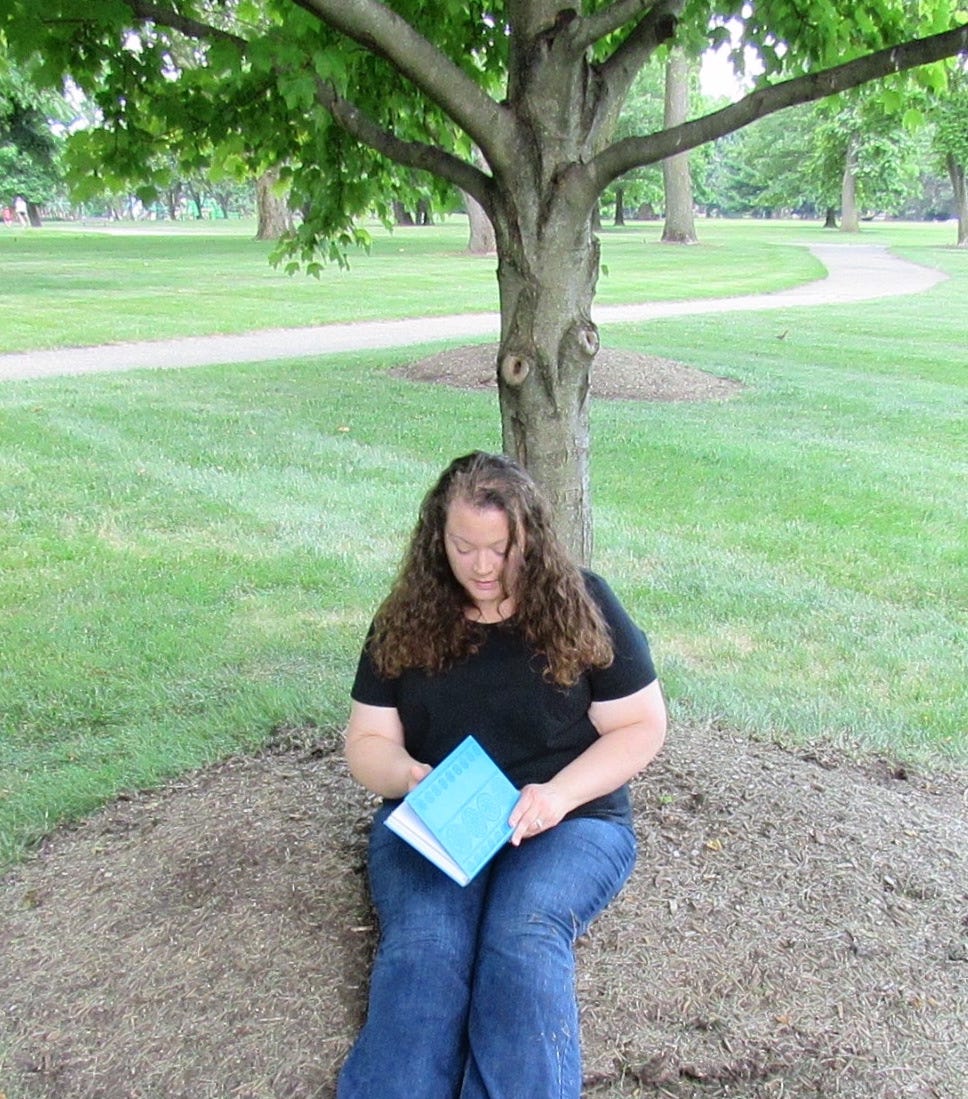
Oh hey, Sarah! Just popping in from my hiding spot in the next cubby over to say SAME to writing at recess.